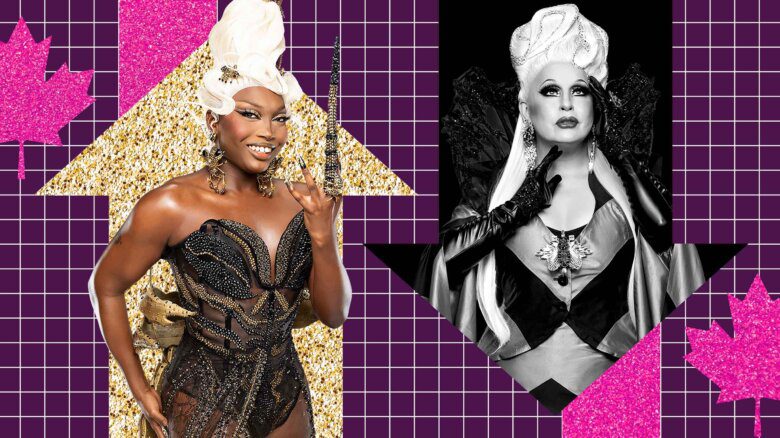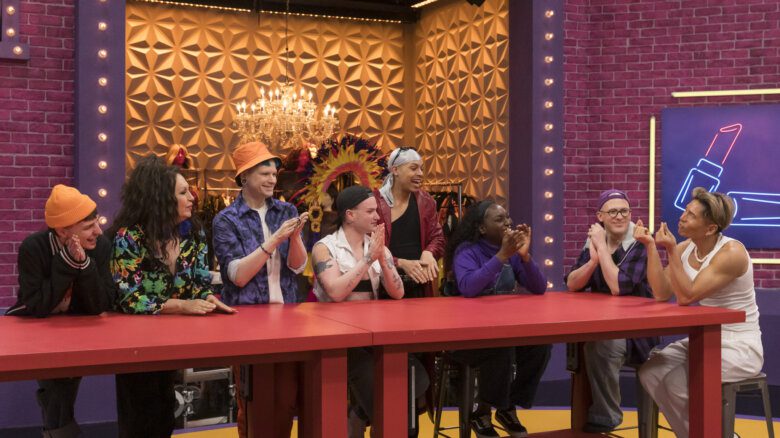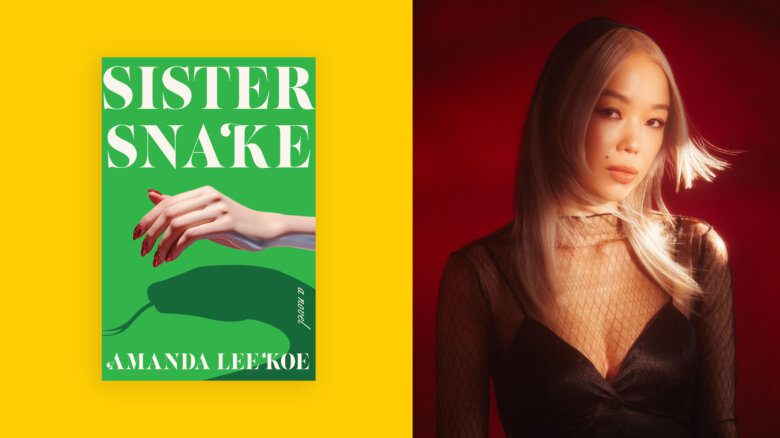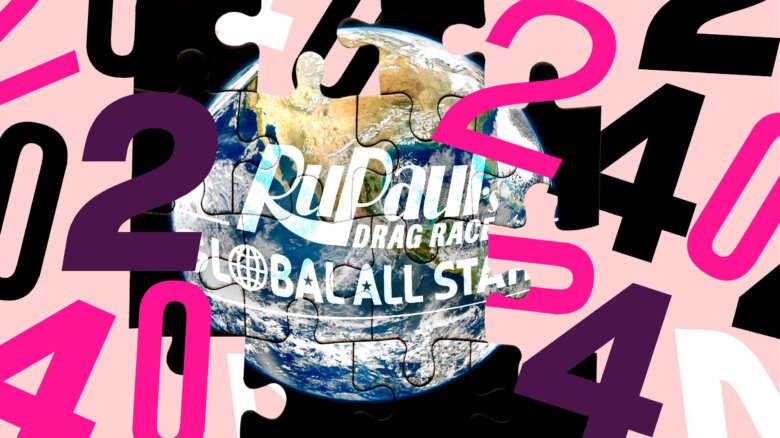This week, my boyfriend was watching a clip from Dr. Phil featuring a conversation between “women’s rights” activists and trans people about what makes a woman. I hate daytime talk shows, but Devon loves The View and stumbled on this clip, and I do admit that overhearing trashy daytime TV clues me in to how folks outside of my academic and activist communities are using language and thinking.
One repeated phrase stuck in my mind: “I’m not a cis woman,” said Kara Dansky (author of the book The Abolition of Sex: How the “Transgender”Agenda Harms Women and Girls ). “I’m an adult human female.”
“I’m an Adult Human Female.” Hmmmmmm.
Later the same week, I noticed these same words on a Twitter bio (account with the very original @StandingForXX). I couldn’t help but wonder if this was a newly coined talking point, so I googled the phrase and found a 2022 film that I made myself watch and was (gulp) full of the exact anti-trans talking points one would expect.
Reactionaries, like many so-called “womens’ rights” activists, generally balk sarcastically at the notion that language and the world are co-constitutive—that the words we use for things and identities impact peoples’ lives and help build the world around us. Words reflect but also create material realities. GLAAD simply puts it: “Words and images matter.”
To many on the right, Gen Z-ers are snowflakes, and gender is a biological fact, postmodernism is bunk etc., etc. But here, in “Adult” “Human” “Female,” we see the direct pushback against trans-affirming language in ways that render trans people less-than, even inhuman.
Let’s take this word by word in the guise of refusing the label of “cisgender” in place of “Adult human female.” In each word the implication is always along the lines of “I’m this, not that.” Adult, directly points to the implication that trans people are obsessed with children, and are inherently groomers through their identity. This word—adult—is not chosen by accident: we are seeing an increasing and dangerous moral panic around children, both trans and cis, as an early battleground over the ability of trans people to exist. I refuse to link out to any work by Jesse Singal, king of “asking whether trans kids really exist in major media outlets,” but we all know it’s out there, being cited by states as they ban the care he’s “just asking questions” about. Drag bans are pointed to by this word, and trans-affirming healthcare for children is in legal peril in many places in the U.S. Ostensibly used as an adjective, as in “I am an adult and capable of self-identification,” the word rather points to an accusation that associates trans people with children, and child abuse.
To be clear: the emphasis on children was a wedge and a starting point, as we see with Missouri now acting to ban adult trans-affirming healthcare state wide.
By a similar logic, “Human” is being used not to affirm the humanity of the cis woman self-identifying (this isn’t about denying the humanity of cis women after all, no matter how much they protest), but to negate the humanity of trans people.
Finally, “Female” is being defined here as narrowly “biological.” As a professional biologist, though, I can help here: Neither gender nor sex is perfectly binary. Years ago, I wrote about a genetic difference, Congenital Adrenal Hyperplasia (CAH). People with this genetic difference are chromosomally XX, therefore female by a reductionist’s perspective, but have high levels of androgens in utero and are often assigned male at birth. Until around a decade ago, some clinicians were prescribing hormonal medication in utero (while the baby is in the womb) not just so that the child would have “normal” female genitalia, but to reduce the risk of “lesbianism” later in life.
From one doctor’s speaking about CAH in 2010: “The challenge here is … to see what could be done to restore this baby to the normal female appearance which would be compatible with her parents presenting her as a girl, with her eventually becoming somebody’s wife, and having normal sexual development and becoming a mother.”
One would hope that “womens’ rights” activists who purport themselves to be “LBG” friendly (i.e., who believe in separating gay rights from our trans siblings) would see the dangerous rhetorical game they are playing. CAH was used as an excuse to literally treat potential lesbianism in the womb. Banning hormone therapy except when it makes one’s gender align with someone else’s notion of one’s biological sex is politically aligned with using therapies to make one’s sexuality align with heteronormative expectations. This isn’t metaphorical. This wasn’t 100 years ago. After intense debate in the 2010s, in utero CAH treatment is now advised against.
And CAH is just one example of genetic differences that challenge the male/female binary; when sex differences are (horrifically) brought up in sports, it can actually be difficult to find one category that defines a “woman”: if it were chromosomal (XX), Caster Semenya would still be running every race she could without taking hormonal treatment to lower her natural level of testosterone.
Ostensibly, “womens’ rights” activists are against hormone treatment, except when it is about gender conformity to the strict gender binary they imagine to be biological.
I want to come back to language and how naming oneself inherently is an act that is not only personal. Dansky, on Dr. Phil, rejected the notion of being called a “cis woman”; she is “just a woman.” To her, trans people are forcing her into a category she is not comfortable with. Our language—cis and trans as categories for ourselves—is doing something to her, is changing, in her words, what she calls herself.
Judith Butler describes the language of gender, including pronouns, as calling us a name early in childhood; language here is doing a thing to us that we don’t understand. We are called “he” or “she,” “boy” or “girl,” but we don’t yet know, in our little baby brains, what these categories mean, never mind how we fit into them.
Again, I can see Dansky’s eyes rolling to the back of her head at the invocation of Butler here, as hated as Butler is by the “gender-critical” crowd. I put gender critical in scare quotes here because, having engaged with their writing for years, I cannot think of anyone more gender critical than Judith Butler.
But, as I described above, Dansky’s language of “Adult Human Female” is inherently naming trans people, and trans women specifically, as borderline-human fake-women pedophiles. Her language, too, does something to us.
But Dansky would reject, I am sure, this interpretation. This is how authoritarianism works; it invisiblizes and denies the power of language even as it uses that exact language to dehumanize minorities like trans people. There’s always plausible deniability: “I didn’t say trans people aren’t human, I just called myself an Adult Human Female.”
The categories of woman/man and even cis/trans are not perfect, and they can be actively harmful where they eclipse power differentials. Cis people are not having their healthcare rendered illegal because they are cis. Many trans people are. Many cis women are too. The more “Adult” “Trans” “Women” use their power and their language and its power to attack trans people, the greater the risk to all of us as fascism and authoritarianism continue to rise worldwide.
And this is why we must refuse to engage in this debate with people who use language, the language they use to name themselves even, in order to harm those with less power than they have. Because this is what it comes down to: power. Trans people are, in many places around the U.S., being legislated out of existence. Cis people, as a category, are not. Cis women (and others with a uterus) do face new legal challenges, including a legal rollback of reproductive rights. But this analysis of power, and who is punching down on those already at risk of life and limb, must guide how we use language. As Eva Hayward pointed out in a recent seminar, trans misogyny harms all women by policing the bounds of what being a woman means, and who gets to define it. To allow trans women to implicitly be named as child abusers, non-human and not women, is ultimately participating in real-world violence against them.
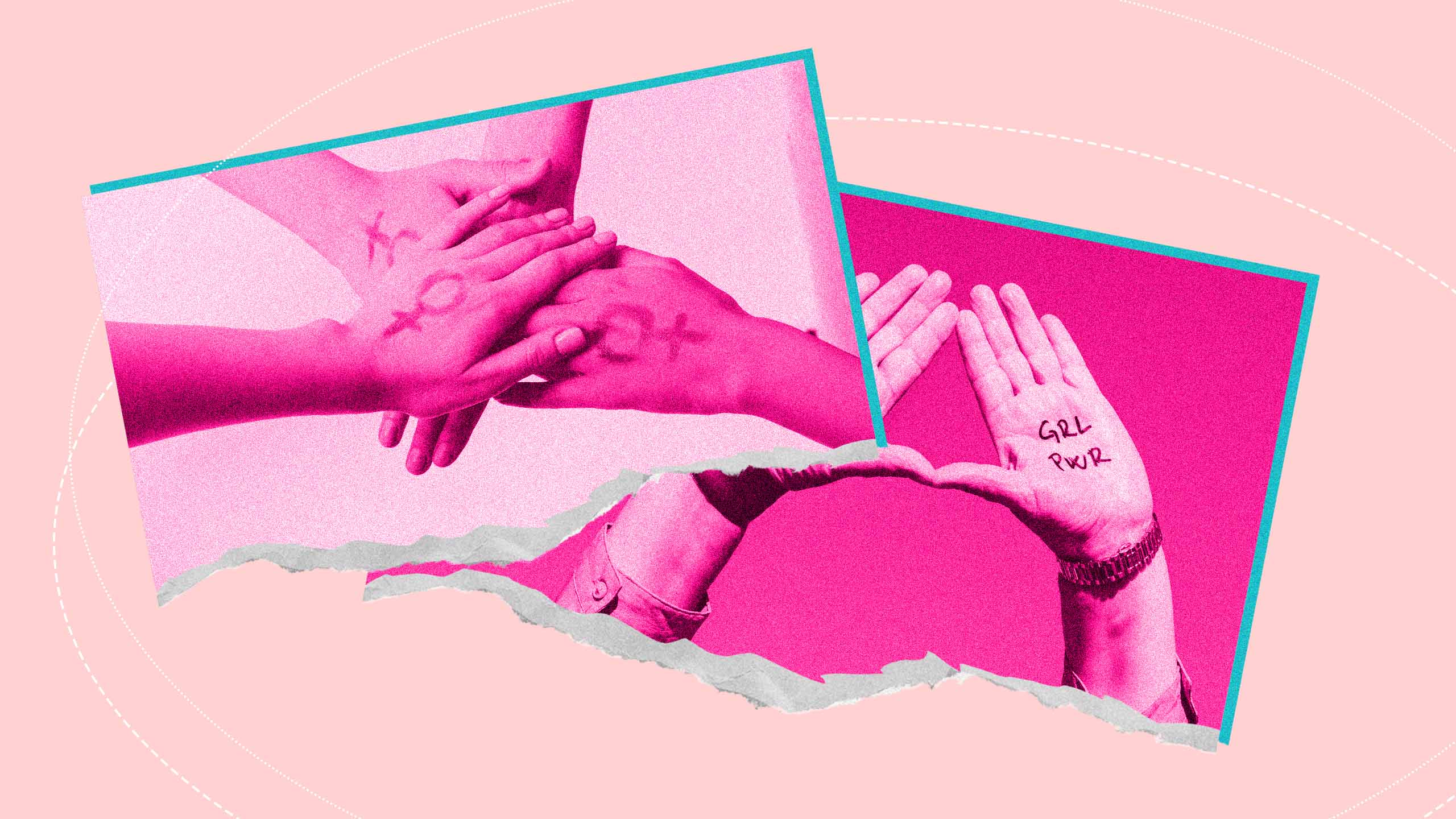
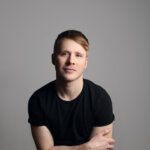
 Why you can trust Xtra
Why you can trust Xtra